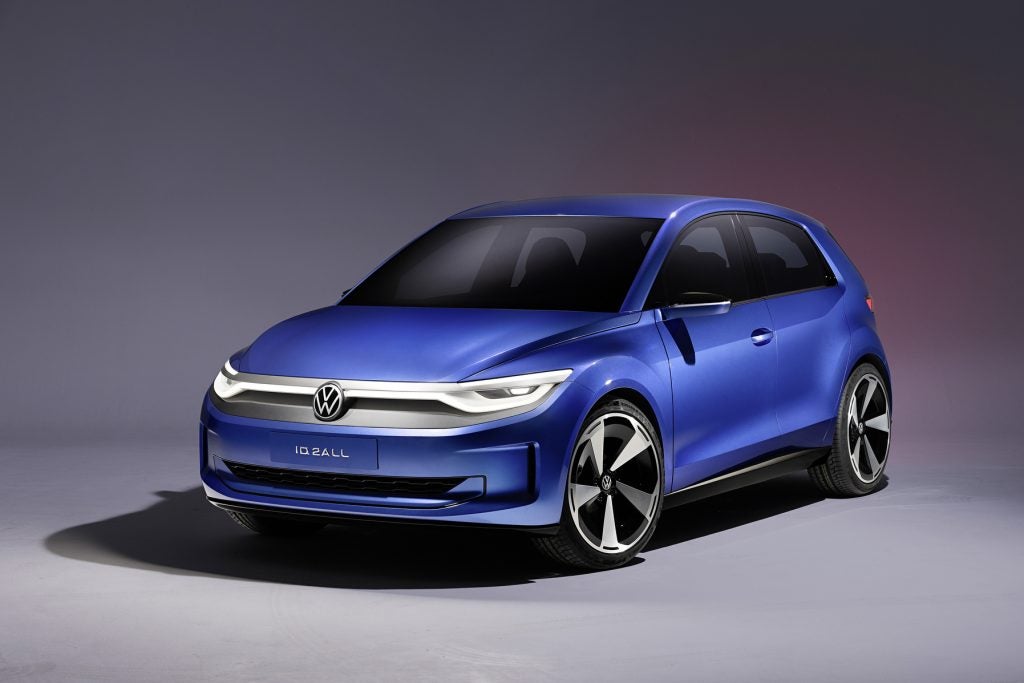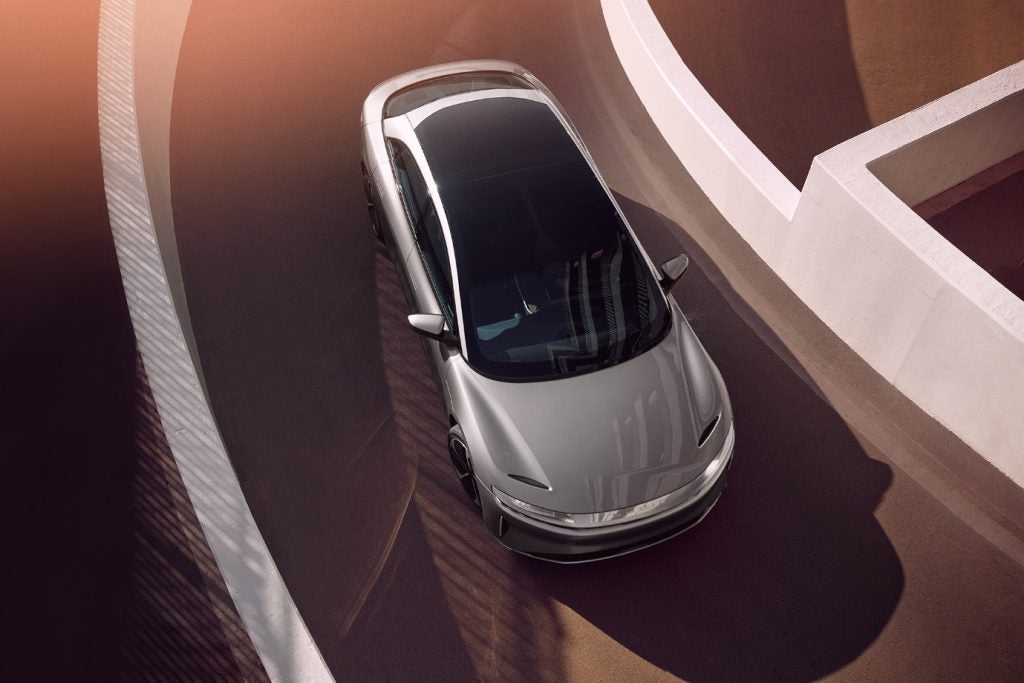
Anyone who may have thought that Maruti Suzuki, the long-time market leader in India, was just going to sit idly by and give up market share easily – just because it is weak in SUVs – is sorely mistaken. The automaker is fighting back, and fighting back strongly, with a spate of SUV launches in quick succession.
While its fightback really started in 2016 with the launch of the Vitara Brezza, it gained momentum with the arrival of the second-generation Brezza in mid-2022. This launch was quickly followed by the entry of the Grand Vitara in September 2022. Deliveries of the all-new Fronx began in April of this year, followed by the global premiere of the 5-door Jimny in June.
Maruti Suzuki’s SUV onslaught comes at a time when more buyers in India are moving away from Sub-Compact Cars to Sub-Compact SUVs. At the same time, the company’s so-called ‘bread-and-butter’ entry-level Mini- and Sub-Compact Cars are losing their shine since higher raw materials costs along with intensifying emissions and safety regulations have made them less price-competitive. Thus, an expanded SUV line-up will help make up for potential sales losses in the Car segment.
And buyers in India have responded positively to Maruti Suzuki’s new SUVs. We think its strong order book will allow the automaker to take leadership of the SUV market by the end of 2023, although supply-side constraints could hamper the pace of its wholesales this year. Consequently, we estimate SUVs to account for almost a quarter of the company’s volume in India this year.
Apart from a delayed foray into the SUV segment, Maruti Suzuki is also lagging in the BEV game. At a time when the Indian government is promoting BEVs in a major way, it will not be ready with its electrified models before 2025 – well behind rivals such as Tata Motors and Mahindra & Mahindra.
Nevertheless, the company has big plans in this area too. In January 2023, Suzuki announced plans to launch six BEVs in India by FY2030. Judging from the limited information, we assume the six BEVs to be the C-SUV EV (eVX), B-Hatchback EV, and B-SUV EV, along with the electrified versions of the Fronx, Wagon R, and S-Presso.
Anticipated robust demand for its traditional models, expansion in its SUV line-up, and its BEV gameplan have convinced the board of Maruti Suzuki to give in-principle approval to add one million units of production capacity by the end of this decade – which should cost the company more than ₹180 billion (US$2.2 billion). This investment will be on top of a similar amount the company is already investing to set up its upcoming plant in Kharkhoda.
Considering the above, we have raised our forecasts for Maruti Suzuki through the long term. Consequently, we now predict its sales to increase by 13% YoY to 1.82 million units in 2023 and estimate its volume to approach two million LVs by 2029.
Ammar Master, South Asia Automotive Director, GlobalData
This article was first published on GlobalData’s dedicated research platform, the Automotive Intelligence Center





